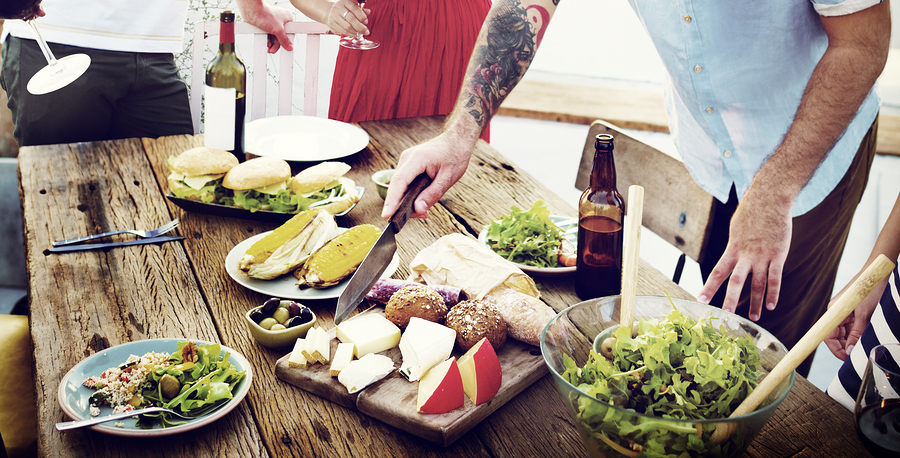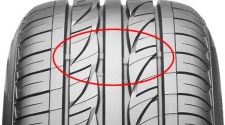Where does your food come from? It’s a simple yet important question to ask but, in many cases, the answer may not be so simple. Here are some important ways to become more informed about the background of the food you’re eating so that you can be more confident in each bite you take.
Read Labels
Before buying food at the grocery store, read the labels. Are the items you want to purchase certified organic, do they claim to be all-natural or is there no information linked to the food’s background? A food label can provide a lot of insight into where the item’s ingredients were grown, how they were processed and more. On the flipside, if a food package contains nothing more than a list of ingredients with no background, you may want to steer clear of it.
When shopping for fruits and vegetables, consider what’s most important to you regarding where the food was grown, whether it’s organic and more. By first knowing what’s important to you, finding the right selections will then become much easier.
Ask Questions
According to An Expert Interview with Andy Chapman on the Importance of Knowing Where Your Food is Coming From, you must ask questions to become an informed consumer. Many food manufacturers, restaurant owners and others now commonly use words like all natural, locally grown and more. But what do those terms mean?
Before visiting a restaurant, browse the establishment’s website to learn more about the ingredients they use in their menu items. Research the backgrounds of food manufacturers and contact company representatives with any questions. By first becoming informed, you can then make better food choices.
Visit Local Farms
Thinking of joining a local CSA, otherwise known as community support agriculture? Visit the local farm to learn more about the operation. Many local farmers who sell food at farmers markets or who sell CSA shares love for consumers to visit their properties. Such visits offer an up close (and often eye-opening) view about the work that goes into growing real food. Ask questions about any chemicals that are used in the growing process and more to decide which local grower is the one with whom you’d like to do business.
Grow Your Own
Of course, one of the best ways to fully know where your food comes from is to grow it yourself. By growing your food, you maintain control over the growing process and can also gain a sense of pride in knowing that you created the bounty on your table. However, gardening can be a lot of work. Start small and slowly expand upon your gardening skills to achieve long-term growing success. You’ll also likely want to learn more about food storage methods, such as canning, to determine how you’ll store each season’s harvest.
Don’t assume that the food you’re eating is safe. Rather, educate yourself by reading food labels, by asking questions, by visiting the properties of local growers and more.











